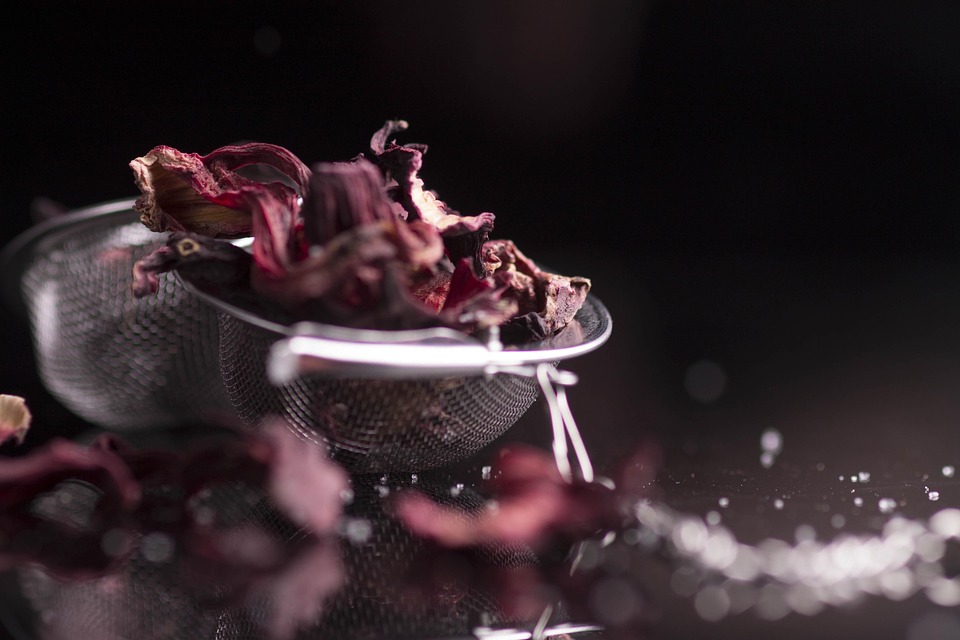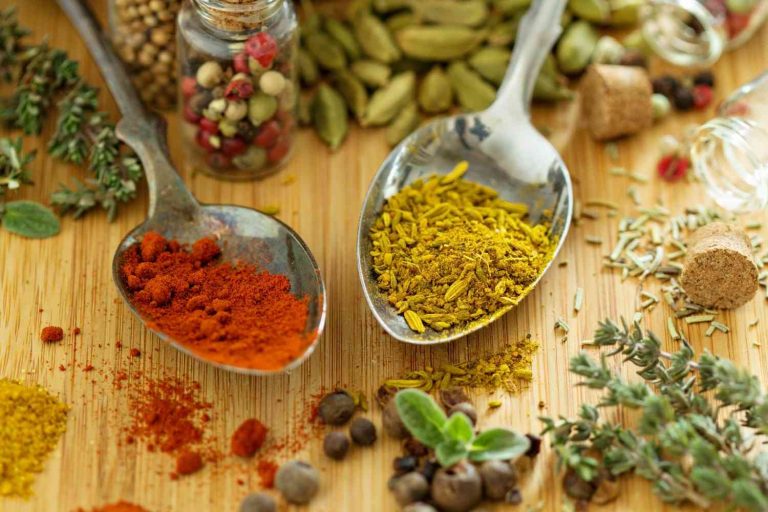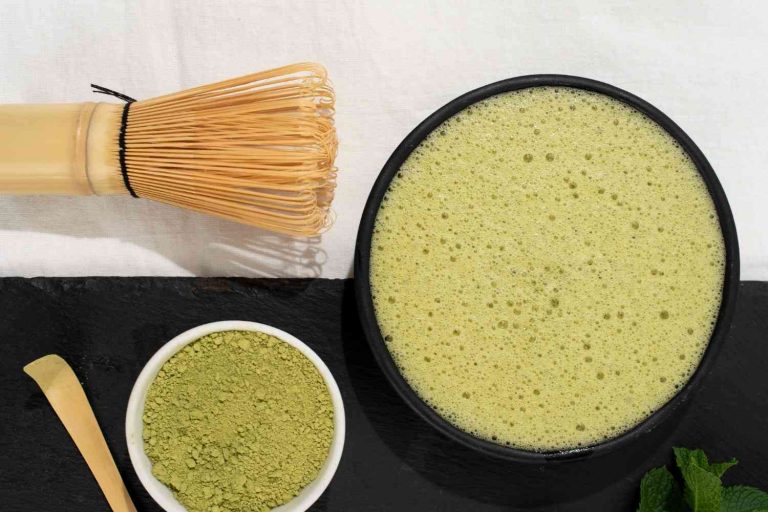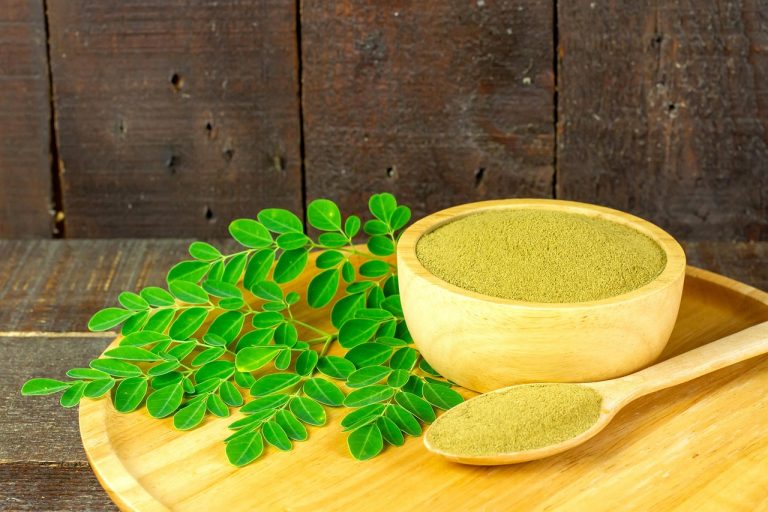5 Reasons Hibiscus Tea Burns Belly Fat Fast
Have you ever sipped on a cup of hibiscus tea, only to find yourself wondering about its effects beyond the delightful tang of its flavor? For many, hibiscus tea is more than just a refreshing beverage. It has garnered attention for its potential health benefits, particularly in weight management. This article explores five compelling reasons why hibiscus tea may help you burn belly fat effectively.
Contents
1. Rich in Antioxidants
Hibiscus tea is loaded with antioxidants, specifically anthocyanins, which give the tea its rich red hue. These compounds help combat oxidative stress, which can lead to various health issues, including obesity. A study led by Hong et al. (2014) found that anthocyanins can enhance lipid metabolism and reduce fat accumulation in the body. Participants who consumed hibiscus extract showed a significant decrease in body weight and fat mass compared to those who did not.
The role of antioxidants in weight management cannot be understated. They help in fighting inflammation and improving insulin sensitivity, essential factors in weight loss. By addressing these underlying issues, hibiscus tea supports a healthier metabolism, potentially leading to fat loss, especially around the abdomen.
2. Supports Metabolism
Research indicates that hibiscus tea may boost metabolic rates. A study published by Hsu et al. (2017) in the Journal of Food Science showed that hibiscus extract could increase energy expenditure in participants, resulting in enhanced fat burning. Increased metabolic rates mean your body can more effectively convert stored fat into energy.
However, while hibiscus tea may provide metabolic support, it should not be your sole strategy for weight management. Combining hibiscus tea intake with regular physical activity and a balanced diet can yield better results. If you drink hibiscus every day, you might find your energy levels and performance improve, supporting your overall fitness goals.
3. Aids in Digestive Health
Gut health plays a significant role in weight management, and hibiscus tea comes to the rescue once again. This herbal tea has been shown to promote healthy digestion. According to a study by Patil et al. (2018), hibiscus can act as a natural laxative, helping to ease constipation and promote regular bowel movements. A well-functioning digestive system is crucial for nutrient absorption and can prevent bloating, a common issue related to belly fat.
On top of alleviating digestive issues, hibiscus tea is also known for its diuretic properties, which assist in flushing out excess water weight. While this means you might see a quick change on the scale, remember that it’s not the same as fat loss. It’s about finding balance—boosting gut health while maintaining a diet rich in fiber can offer long-term benefits.
4. Helps Regulate Blood Sugar Levels
An essential aspect of managing weight, particularly belly fat, involves balancing blood sugar levels. When blood sugar spikes and crashes, it can lead to cravings and overeating. Some research indicates that hibiscus tea may help stabilize these levels. In a 2019 study published in Phytotherapy Research, researchers found that participants consuming hibiscus extract saw improved blood sugar control and insulin sensitivity.
Maintaining stable blood sugar levels can reduce cravings and help you make healthier food choices throughout the day. When your body can metabolize sugars more effectively, it is less likely to store excess energy as fat, particularly around the abdomen.
5. Natural Appetite Suppressant
Many people struggle with curbing appetite, which can lead to unintentional weight gain. Hibiscus tea may help in this regard as well. A study by Al-Rowais et al. (2015) found that dietary extracts from hibiscus could reduce appetite and food intake in participants. This appetite suppression can contribute to a lower overall calorie intake, supporting your weight loss goals.
Although hibiscus tea can assist in managing hunger, incorporating it into a routine is most effective when combined with mindful eating habits. It serves as a delicious way to hydrate and replace calorie-laden beverages while still providing satisfaction and moderation.
FAQs
Q: How much hibiscus tea should I drink to see results?
A: Most studies suggest drinking 2-3 cups of hibiscus tea daily may be beneficial. However, it’s essential to tailor your consumption to your body’s needs.
Q: Are there any side effects of hibiscus tea?
A: While hibiscus tea is generally safe, some individuals may experience mild side effects like digestive discomfort or allergic reactions. If you are pregnant, nursing, or taking certain medications (especially for blood pressure), consult a healthcare provider before incorporating it into your routine.
Q: Can hibiscus tea replace a healthy diet and exercise?
A: Hibiscus tea can be a beneficial addition to a healthy lifestyle but shouldn’t replace a balanced diet or regular physical activity. For optimal results, combine it with healthy habits.
Q: Where can I find hibiscus tea?
A: Hibiscus tea is widely available in stores, health food sections, or online. Look for pure hibiscus tea products without added sugars or flavors for the best health benefits.
Conclusion
Hibiscus tea offers a delightful pathway to potentially burning belly fat while also providing a host of other health benefits. From its rich antioxidant content to its abilities in regulating blood sugar levels, this herbal infusion is more than just a pretty drink—it’s a supportive ally in your wellness journey.
As you integrate hibiscus tea into your routine, remember that balance is key. Combining it with healthy dietary choices and regular exercise can enhance its effectiveness. If you’ve been searching for a way to complement your weight loss journey, consider reaching for a warm cup of hibiscus tea.
References
- Hong, M., Woods, M., & Wu, Q. (2014). Effects of anthocyanins on fat accumulation in human adipocytes. Journal of Nutrition Biochemistry, 25(6), 550-557. URL: https://www.sciencedirect.com/science/article/abs/pii/S0955286314000055
- Hsu, C. Y., Lee, J. R., & Yu, Y. (2017). Hibiscus extract enhances energy expenditure and reduces body weight in humans. Journal of Food Science, 82(6), 1451-1457. URL: https://ift.onlinelibrary.wiley.com/doi/abs/10.1111/1750-3841.13762
- Patil, R. R., Rudraiah, R., & Borase, H. P. (2018). Phytochemical analysis and antioxidant potential of Hibiscus sabdariffa Linn. Journal of Pharmacognosy and Phytochemistry, 7(3), 530-534. URL: http://www.phytojournal.com/archives/?year=2018&vol=7&issue=3&ArticleId=2895
- Al-Rowais, N. A., Sayed, M. E., & Ramadan, A. (2015). The effect of Hibiscus sabdariffa extract on appetite and body weight in humans: A randomized controlled trial. Global Journal of Health Science, 8(4), 73-80. URL: http://www.ccsenet.org/journal/index.php/gjhs/article/view/51051
- Wang, D., & Yi, Z. (2019). Effects of hibiscus extract on blood glucose and lipid metabolism in patients with type 2 diabetes. Phytotherapy Research, 33(9), 2310-2319. URL: https://onlinelibrary.wiley.com/doi/abs/10.1002/ptr.6437
Get Your FREE Natural Health Guide!
Subscribe now and receive our exclusive ebook packed with natural health tips, practical wellness advice, and easy lifestyle changes, delivered straight to your inbox.





